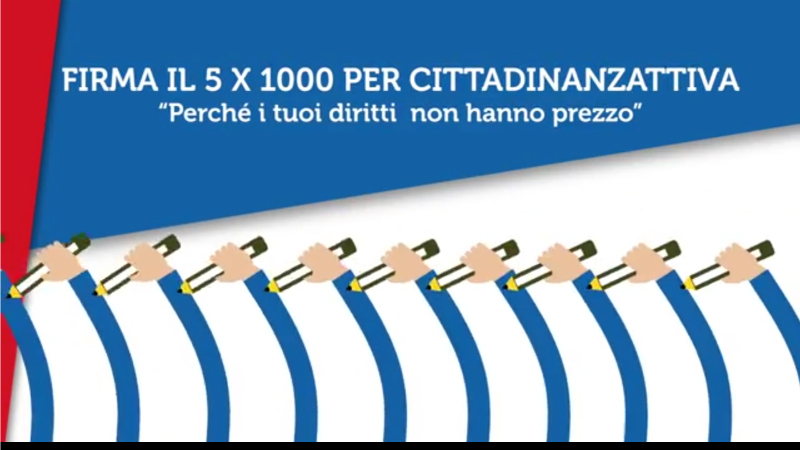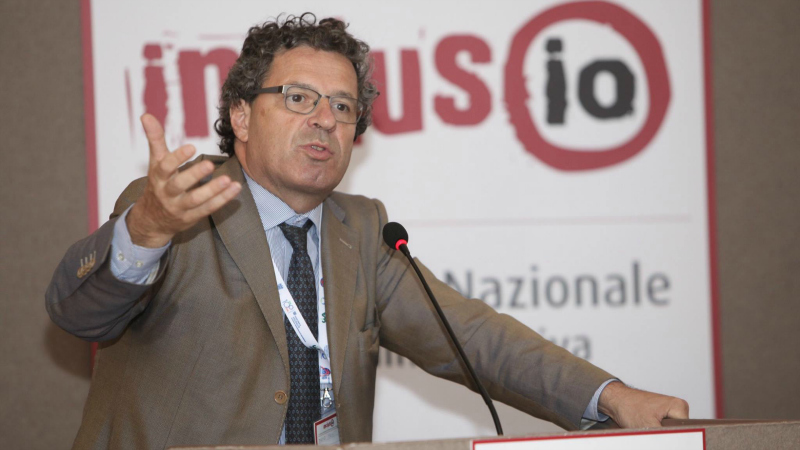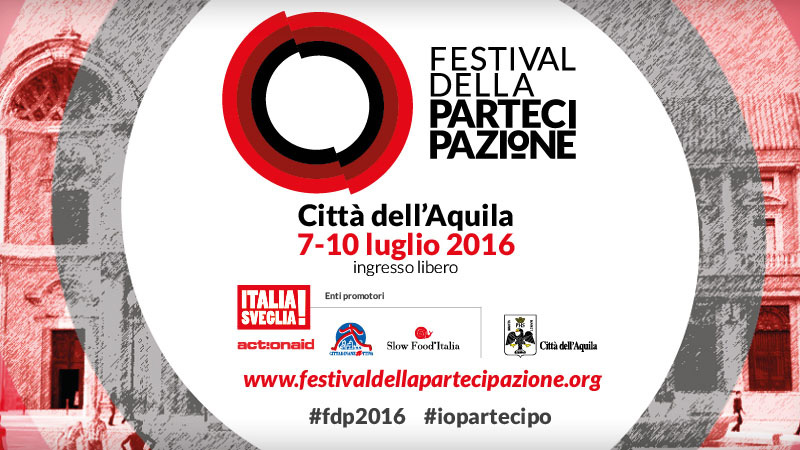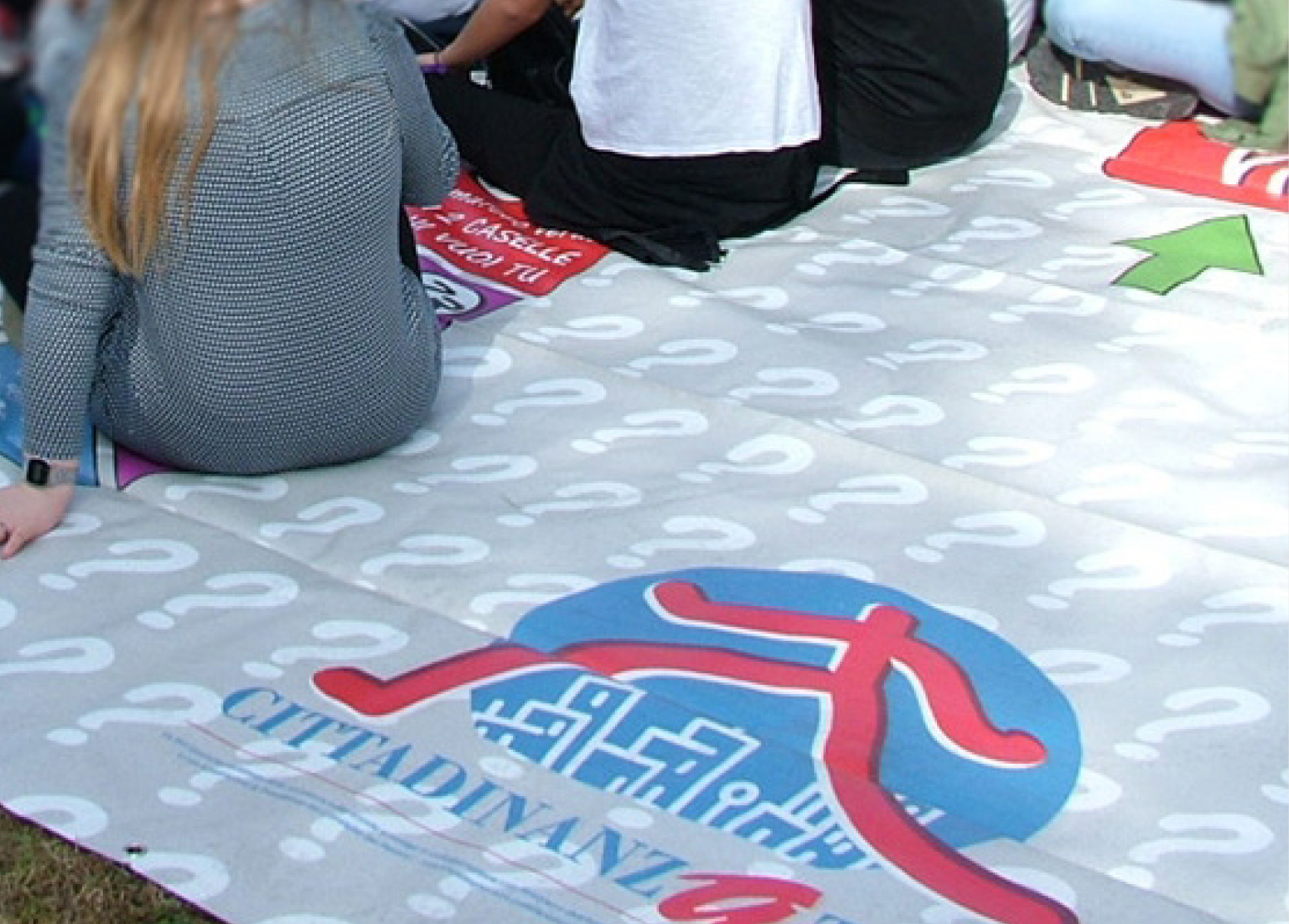Interview with Rafael Meza Pérez, a young legal adviser of the Corporación Tribunal de Derechos of Cartagena (Colombia)
Rafael Meza Pérez graduated from Law school at the Tecnológico Comfenalco. After training at the Tribunal of Patients' Rights of Cartagena he decided to continue promoting and defending the rights of patients and users of public services through the Corporación Tribunal de Derechos.
Now Rafael is an example for students and volunteers who daily visit the Tribunal of Patients' Rights in Cartagena giving them advice and actively participating in the work of the Tribunal.
1. Hello, how did you learn about the Tribunal of Patients' Rights? Who first told you about it?
I joined the Tribunal in 2012 as a student of Law at the University of Medellín and the Tecnológico of Comfenalco and did not know anything about it.
2. How long have you been providing assistance to the Tribunal of Patients' Rights located in the CAP - (Centro de Atención Primaria) in the district of La Esperanza "?
Since 2012. Initially as a student at the legal clinic belonging to the University and then after finishing my studies as a volunteer.
3. How many students are involved in the activities of the Tribunal at the CAP La Esperanza?
Currently, among the graduates I’m the only one actively participating as a consultant and member of the Corporación Tribunal de Derechos. Following an agreement with the Tecnológico Comfenalco, the university sends one student every day, from Monday to Friday, to assist the Tribunal, which means that the University sends 5 students to carry out their training giving legal advice and assistance to patients who apply to the Tribunal at the CAP.
4. Could you please explain your work: a citizen arrives at the office of Corporación Tribunal de Derechos, what happens next?
My role is that of a consultant at the Corporación Tribunal de Derechos. Although having only recently finished my studies in Law, I am also an economist with experience in administration and this expertise I offer to the Corporación. Our job is to work together so that people who come to us with questions about medical care provided by CAP La Esperanza have all the guarantees in terms of respect for and protection of their rights as citizens.
The first thing is to listen to them, to understand if what they are forwarding is a complaint or if they are simply asking for help in accessing the services. In both cases, we provide assistance and advice to clear up their doubts and meet their needs.
If it's a complaint we follow a set procedure: the case is first registered and then we establish whether or not the case has any foundation.
If the complaint is well founded and the needs of the citizen are not being taken into account, the first thing we do is refer to the person responsible for the services so that inviting him/her to take the appropriate action.
If this process doesn’t solve the problem legal action is taken. It is necessary to clarify that each case is unique and there is no standard procedure to follow, but we usually present a petition according to Colombian law (the so-called "derecho de petición") requesting the authority to explain the legal reasons for refusing the service. If this procedure doesn’t have a positive outcome the case is brought to court.
5. What do you think about proper training directly with users in a public place like the CAP?
This is a controversial experience because, despite the fact that the direct contact with people in need is a stimulus to continue one’s work, in a way we feel to be carrying the weight of their problems on our shoulders which is frustrating owing to the CAP’s limited funds to deal with a great number of people requiring assistance. The same goes for our financial resources. There will always be much to do.
6.What do your professors think about this experience?
So far the only thing they’ve said is “what you are doing is a good thing”, but in truth I consider the university training at the Tribunal as the completion of my academic studies and I think the point is that we should, as Corporación, try to involve more the academic staff in our activities.
7.... and your parents?
I do not consider myself a son any longer, but a father and I try to make use this experience for a project I’ve been wanting to carry out for a long time with the African cultures in the Colombian Caribbean region, since its population is still marginalised. This is because what we are and the problems we suffer from are the result of historical events that have left a mark on the minorities and excluded them from participating in the law making processes, as well as from access to basic services which everybody is entitled to.
8. Do you believe that this social activity "Citizens for Citizens" you are carrying out may be useful only for your future job profile, or also to develop a sense of civic participation since you are doing something for the population?
I do it because I like working for people and feeling involved.
9. Would you recommend this to you friends as a good experience?
When talking with my friends I always talk about my experience and try to involve them.
10.Do you think you will be continuing this work after your degree?
I’ve already finished my university studies, but I still continue to be involved and I wish to keep on working in helping minorities to acquire social recognition. In many cases, certain situations occur due to lack of knowledge of one’s rights, lack of objectives and opportunities to improve one’s condition and thus also the social context.
Interview by Mariano Votta, Director of Active Citizenship Network News, August 2014, with the collaboration of Carlos Ceballos.












